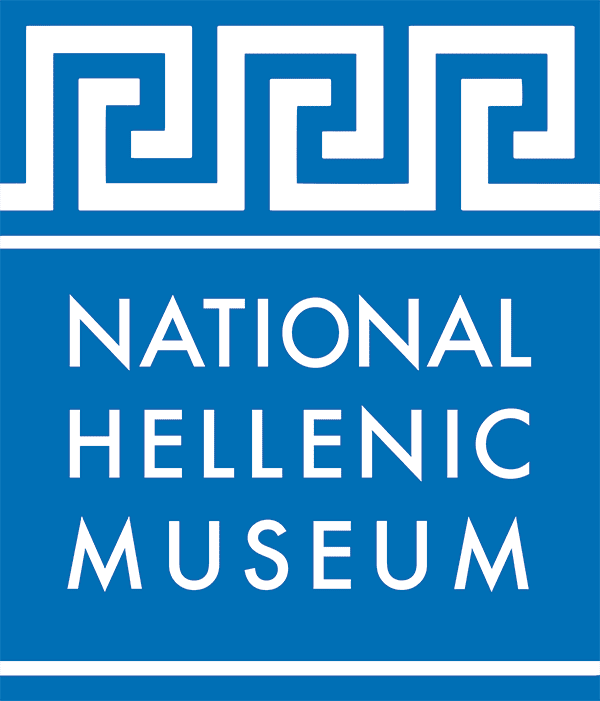Watch the DVD trailer here:
The Trial of Antigone: The Case
Following the extraordinary success of the Trials of Socrates and Orestes, nationally renowned judges and attorneys take on another case from the annals of Greek history: Antigone vs. Creon.
Antigone, the daughter of Oedipus, who defied the King and buried her brother, is one of the most debated literary characters in human history. At The Field Museum’s James Simpson Theatre, you, the citizen, will be asked to decide whether Antigone’s action was treason or an act of duty.
The Trial Series highlights the enduring relevance and value of Greek philosophy and thought. Antigone’s case marks a turning point in western thought, when law and its inherent flaws are examined and analyzed. What are historically known as natural law vs. positive law, or natural of (inalienable) rights vs. legal rights, strike at the heart of the legal divide in Antigone.

